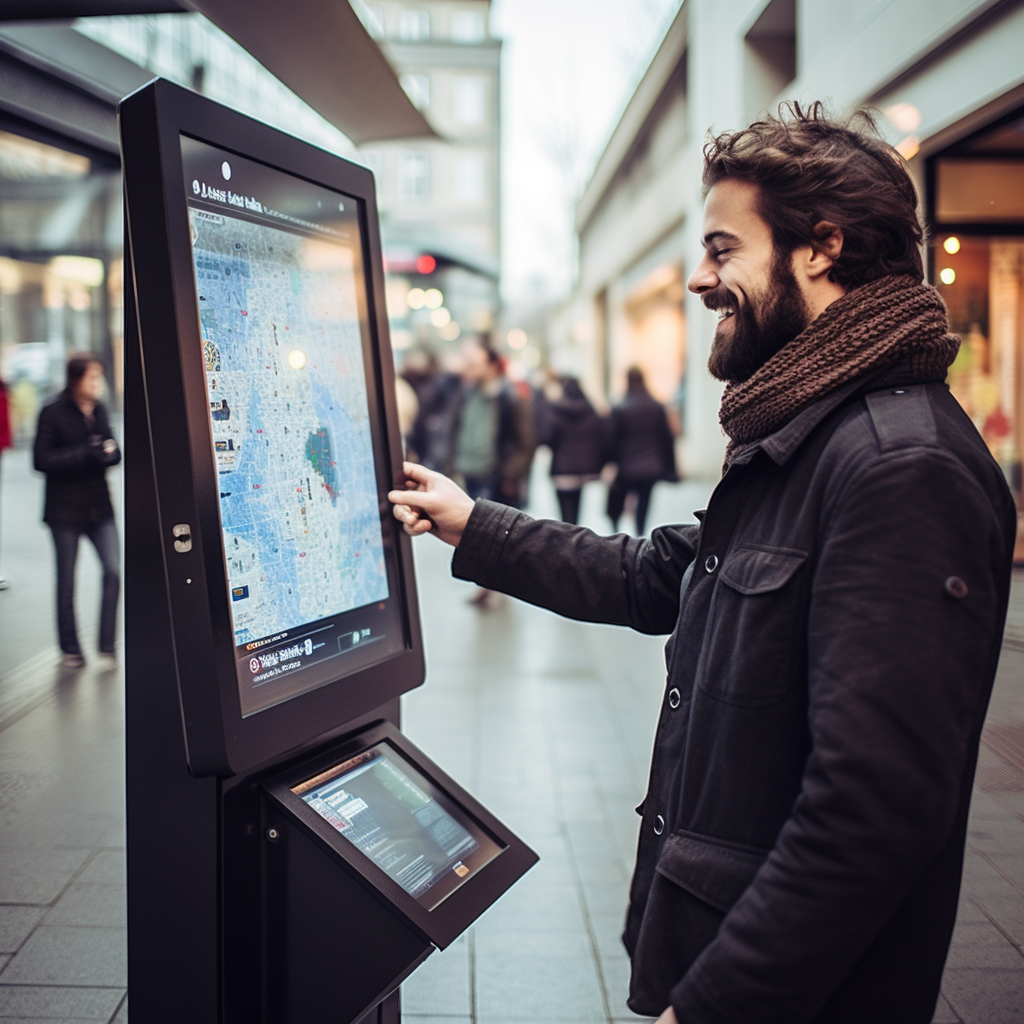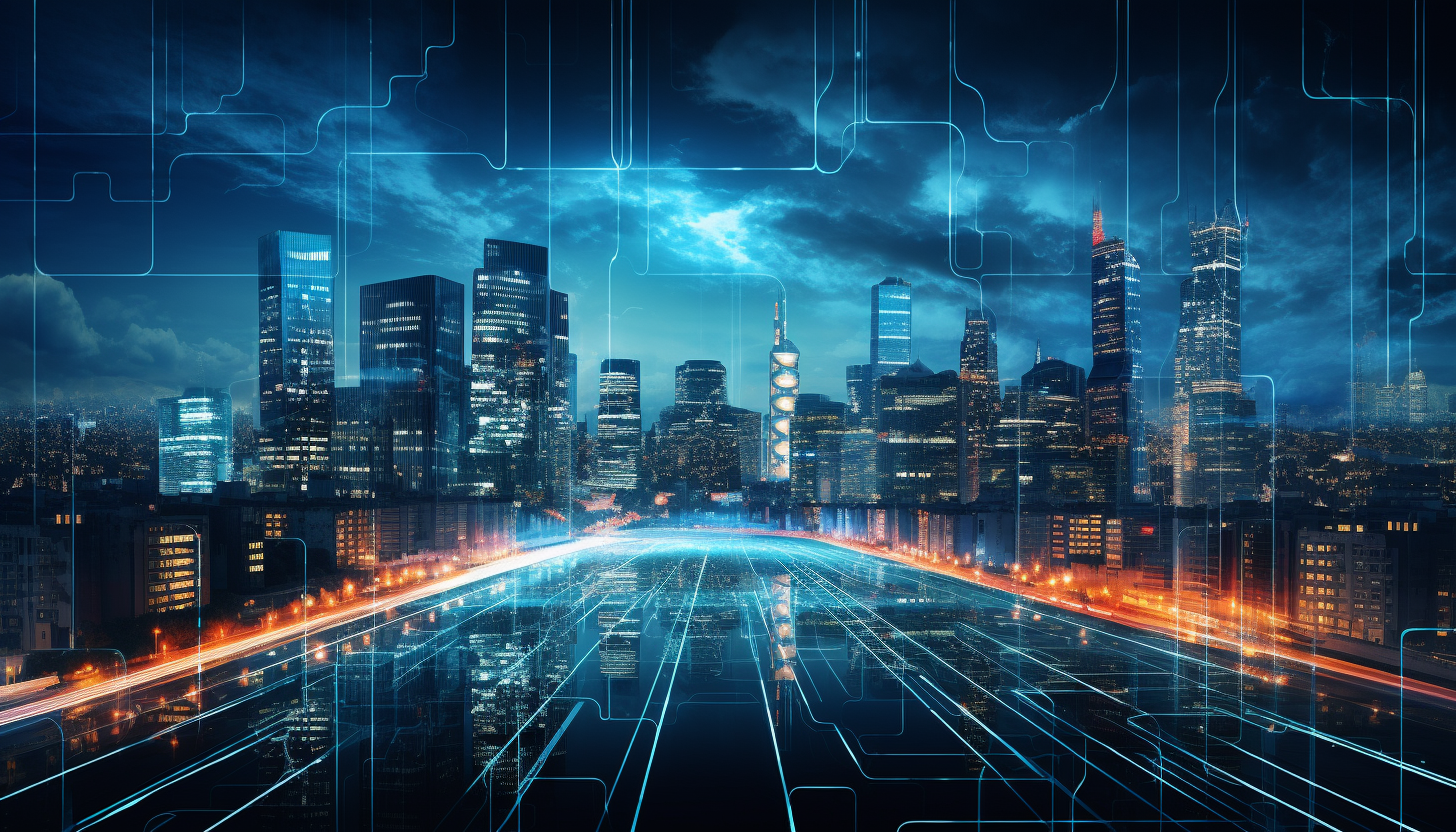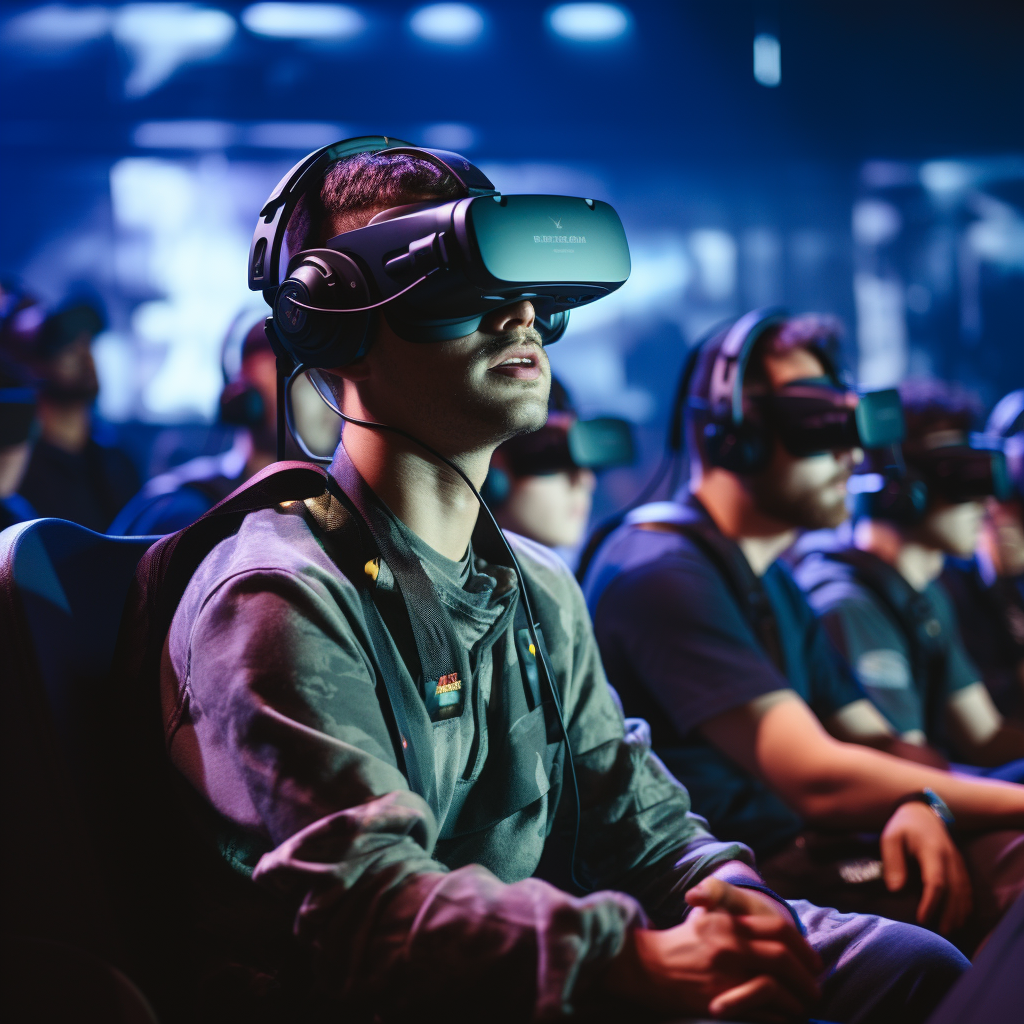Introduction
By 2050, it is estimated that 70% of the world population will be urban, creating a demand for cities that are efficient, sustainable and conducive to their inhabitants’ happiness. Technology has risen to the challenge, birthing the concept of smart cities.

What Are Smart Cities?
Smart cities are urban areas that use technology to improve the quality of life for their residents, improve the sustainability of the environment, and increase the efficiency of urban services. By leveraging information, digital technologies, and interconnected networks, smart cities aim to create an efficient and engaged community.

The Role of IoT in Smart Cities
The Internet of Things (IoT) is at the heart of smart cities. With sensing technologies and the internet, the IoT enables cities to connect and share data between various infrastructures such as transportation, utilities, and services. By doing so, the IoT can help cities monitor, predict, and manage urban issues.
AI and Big Data in Smart Cities
Artificial intelligence (AI) and big data are other key components of smart cities. AI can process the vast amount of data generated by cities, make predictions, and help city planners make informed decisions about urban development.
Challenges and Opportunities
While smart cities offer numerous opportunities, they also pose several challenges, such as cybersecurity risks, data privacy concerns, and the digital divide. Conversely, they also provide opportunities for job creation, improved public services, and more inclusive and sustainable urban living.
Conclusion
With increasing urbanization, smart cities present a paradigm shift in how we view and interact with cities. While challenges remain, the promise of a more sustainable, efficient, and inclusive urban lifestyle is exciting.
We invite you to leave a comment with your thoughts on how smart cities could impact our future and subscribe to our newsletter for more insightful articles.



